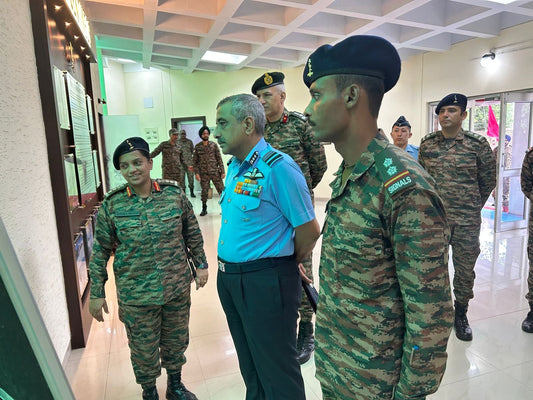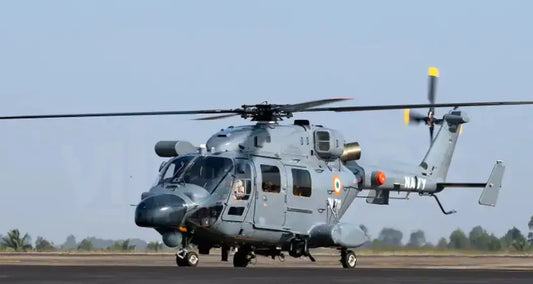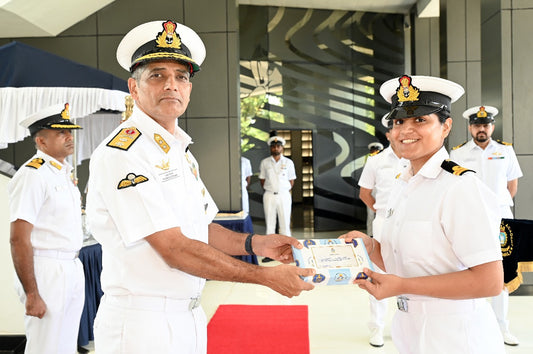Indian Defence Minister Attends SCO Defence Summit in Qingdao

India's Defence Minister, Rajnath Singh, has arrived in Qingdao, China, to attend the Shanghai Cooperation Organisation (SCO) Defence Ministers’ meeting set for June 26. This visit is diplomatically significant as it represents the first high-level interaction between India and China since the pivotal October 2024 border agreement that eased tensions following the deadly Galwan Valley clash in 2020.
At the SCO summit, Singh is expected to focus on advocating India's strategic perspective on regional peace and stability, emphasizing the necessity of collective action against terrorism, and urging for increased cooperation in trade, economic development, and connectivity among SCO member nations.
Established in 2001 by China, Russia, Kazakhstan, Kyrgyzstan, Tajikistan, and Uzbekistan, the SCO has since welcomed India and Pakistan into its fold. The organization serves as a multilateral platform designed to counter Western geopolitical influence in the Eurasian region. Among its activities, the group has conducted several joint military exercises under the "Peace Mission" framework, with the 2007 exercise involving over 4,000 troops being particularly noteworthy.
In addition to the summit, Singh is anticipated to hold bilateral discussions with his counterparts from China and Russia. These talks are expected to address evolving security dynamics in Asia, including issues related to terrorism, energy security, and military maneuvers in the Indo-Pacific. This engagement occurs as India seeks to maintain its strategic independence amid increasing global polarization.
Despite recent agreements aimed at maintaining peace along the Line of Actual Control (LAC), India remains vigilant regarding China's long-term objectives. Singh’s presence in Qingdao underscores India's intention to leverage diplomatic avenues like the SCO to safeguard its interests while fostering enhanced multilateral cooperation.
As the SCO continues to extend its influence over regional security issues, the results of this year’s defence ministers’ summit could influence the future of strategic interactions among major Eurasian powers, particularly in light of ongoing conflicts and realignments of power.



















